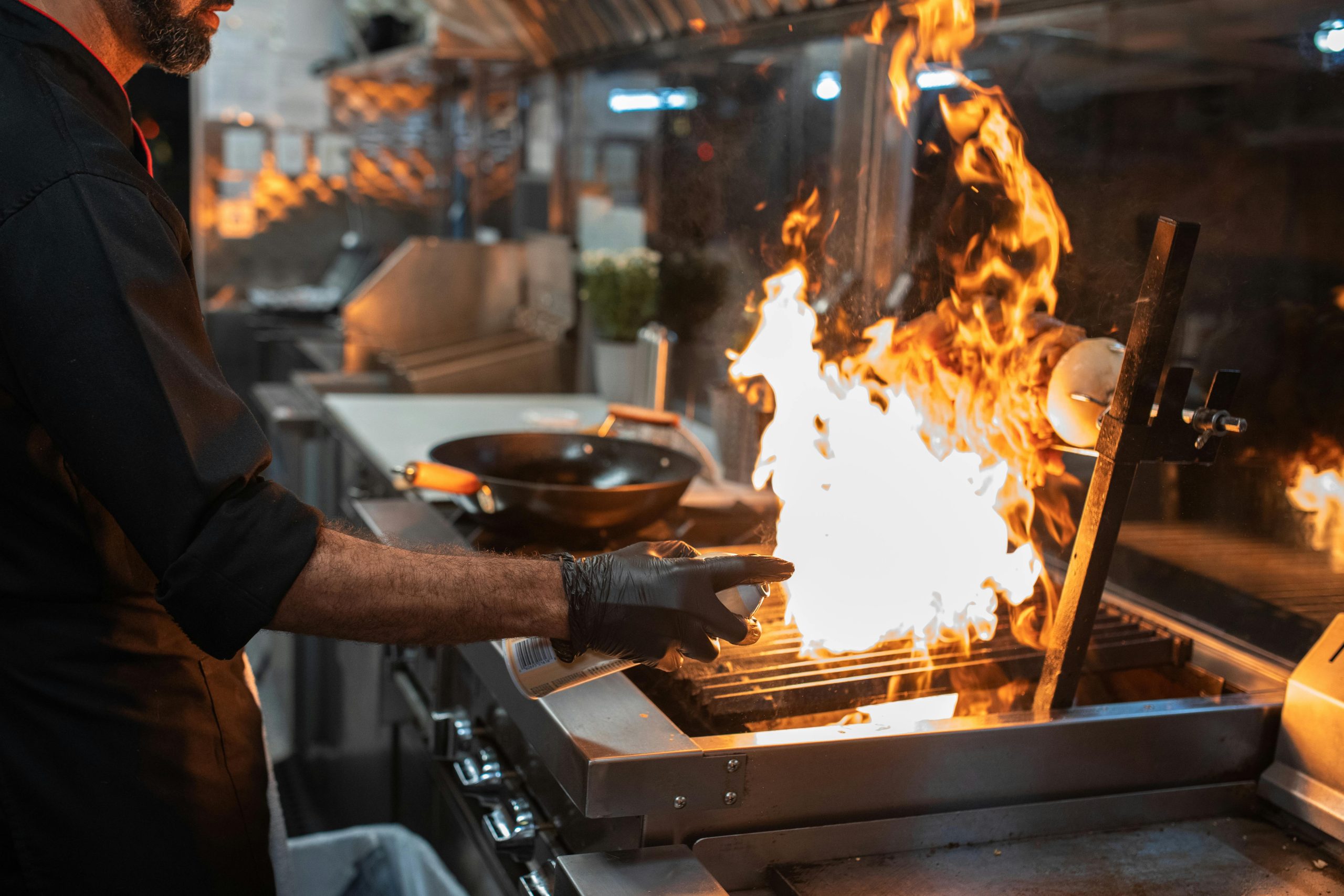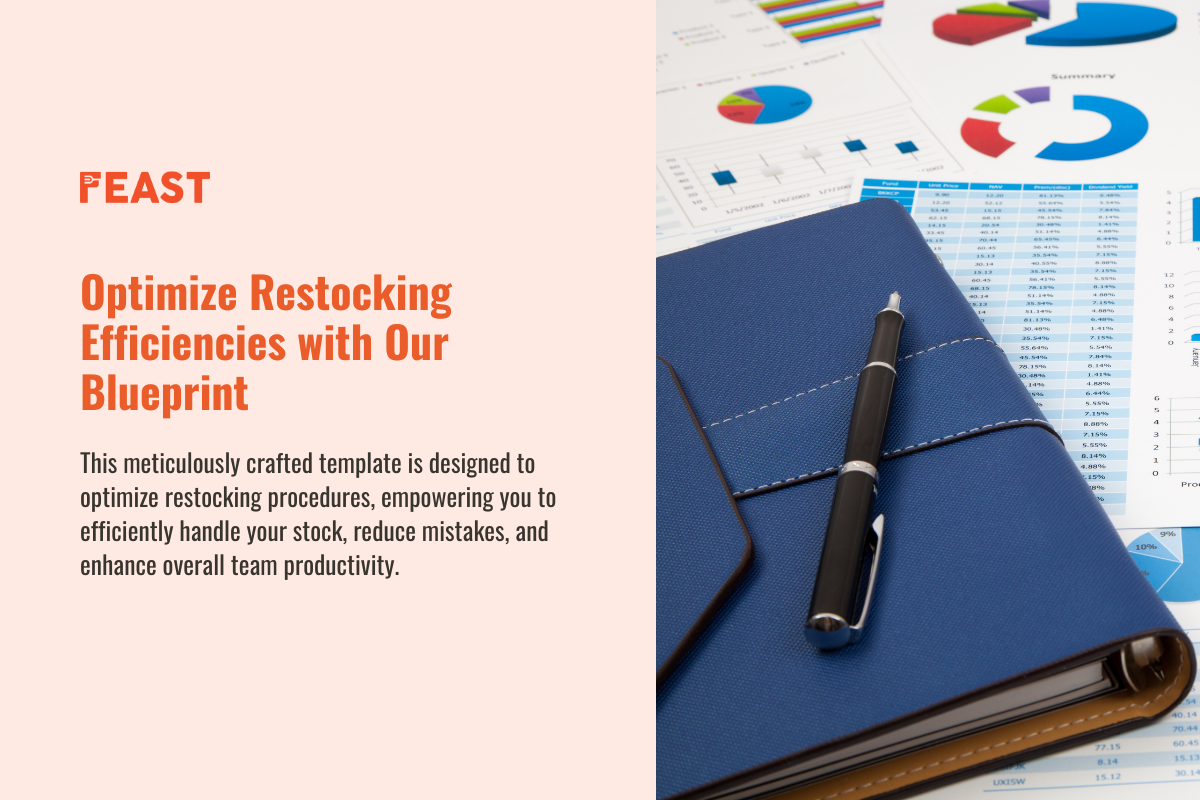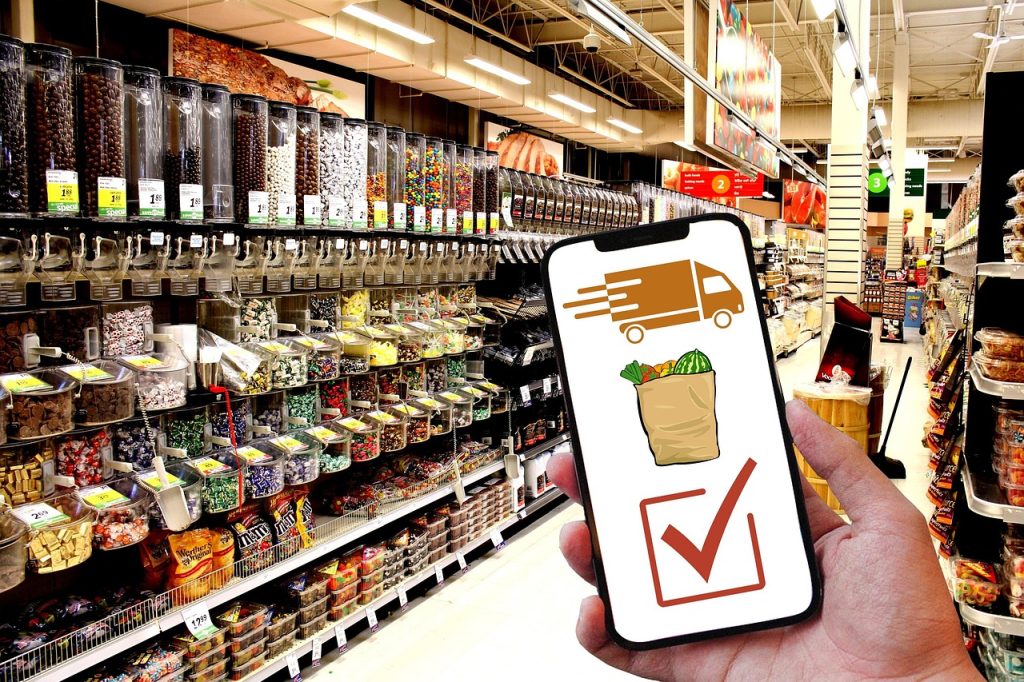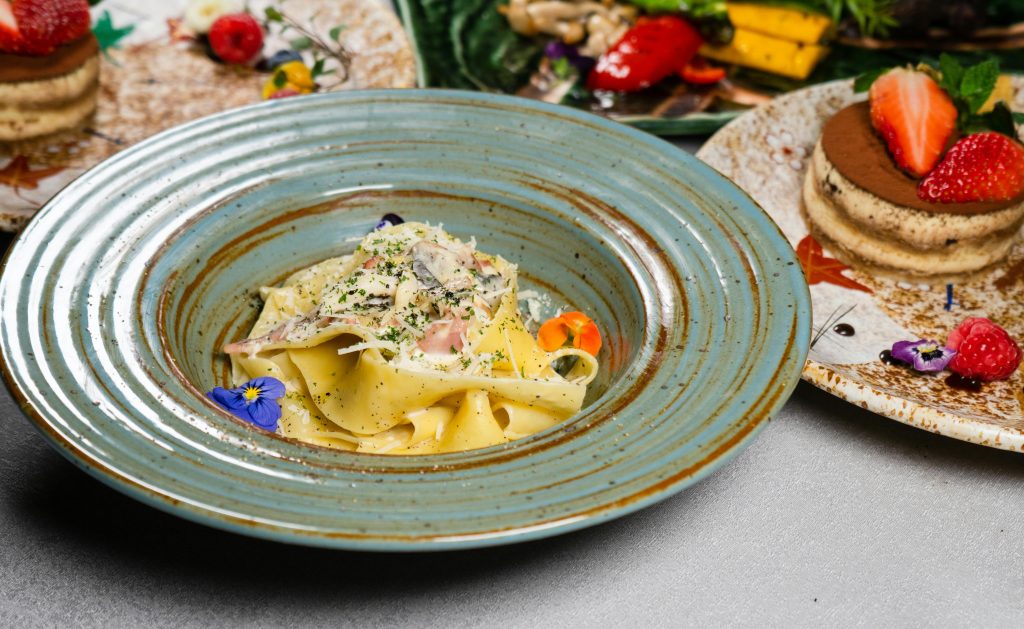Running a restaurant in Malaysia is no small task. As a restaurant owner, you know that food safety is crucial. Your customers expect clean, safe food. To meet these expectations, you need to follow Malaysia’s food safety laws. This guide will help you understand what’s required. Let’s dive in.
What is the Food Safety Law in Malaysia?
In Malaysia, food safety is governed by the Food Act 1983 and the Food Regulations 1985. These laws are there to protect public health. They ensure that the food served is safe for consumption.
The Food Act 1983 covers everything from food preparation to storage and sale. It requires you to make sure that:
- Your ingredients are fresh and safe.
- Your kitchen meets hygiene standards.
- Your staff are trained in food safety.
Violating these laws can lead to fines of up to RM100,000 or jail time. So, it’s important to follow the regulations.
What is HACCP in Malaysia?
HACCP stands for Hazard Analysis and Critical Control Points. It’s an international system used to identify and control food safety risks. In Malaysia, many restaurants and food businesses adopt HACCP to ensure quality and safety.
By implementing HACCP, you:
- Identify potential hazards, like contamination.
- Set up controls to prevent these hazards.
- Monitor and record food safety practices.
For example, if you serve seafood, HACCP ensures proper storage temperatures to prevent spoilage. Adopting HACCP can also increase customer trust as they would see you as a responsible restaurant and set you apart from competitors.
What are the Rules for Food Safety?
Food safety rules in Malaysia are clear. Here are the key ones you need to follow:
- Cleanliness: Keep your kitchen and equipment clean. This reduces the risk of contamination.
- Food Storage: Store food at the correct temperatures. Cold foods should be kept below 5°C, and hot foods above 60°C.
- Staff Hygiene: Train your staff to wash their hands and wear clean uniforms. Staff handling food must be free from illnesses.
- Pest Control: Prevent pests like rats and cockroaches from entering your kitchen.
- Labeling: Make sure that all food is labeled correctly, especially allergens.
According to a 2022 study by the Ministry of Health Malaysia, improper food storage causes 40% of foodborne illnesses in the country. Following these rules can prevent such risks.
What is the Food Act 1983 of Malaysia?
The Food Act 1983 is the main law for food safety in Malaysia. It sets strict standards for food businesses. Here’s what you should know:
- Section 13: Prohibits Harmful Food. This section ensures that no food sold is harmful or unfit for consumption. As a restaurant owner, you must source safe ingredients and maintain proper cooking practices. Failing to comply can lead to severe health risks for customers and heavy penalties for your business.
- Section 15: Accurate Labeling. This section requires all food labels to be truthful and not misleading. Whether it’s ingredient lists, expiration dates, or nutritional facts, accurate labeling is crucial. Mislabeling can confuse customers and lead to legal action against your restaurant.
- Section 16: Clean and Safe Premises Maintaining clean premises is non-negotiable. This section mandates that your restaurant and kitchen meet hygiene standards. Regular cleaning schedules and pest control measures can help ensure compliance and a safe dining environment.
What is Food Hygiene in Malaysia?
Food hygiene in Malaysia is a top priority. As a restaurant owner, you must ensure that your staff and premises are clean. Here’s how to maintain good hygiene:
- Regular Cleaning: Daily cleaning is essential to maintain hygiene standards. Focus on high-risk areas such as chopping boards, counters, and refrigerators. These surfaces come into direct contact with food and can harbor bacteria if not cleaned thoroughly. Use approved cleaning agents and ensure your staff follow a strict cleaning schedule.
- Proper Waste Disposal: Dispose of food waste promptly and correctly to prevent pest infestations. Use sealed bins with tight-fitting lids and empty them regularly. Ensure waste areas are located away from food preparation zones to minimize the risk of contamination. Training staff on waste management protocols can significantly improve overall cleanliness.
- Personal Hygiene: Your staff plays a critical role in maintaining food safety. Ensure they wear appropriate protective gear, such as gloves, hairnets, and aprons, to prevent contamination. Regular handwashing is crucial, especially after handling raw ingredients, using the restroom, or touching waste. Set up designated handwashing stations with soap and sanitizers for easy access.
The Ministry of Health reported in 2023 that 70% of food poisoning cases happened due to poor hygiene practices. Conducting regular inspections of your premises can help identify potential hygiene lapses and address them promptly.
Why Following Food Safety Laws Matters
Following food safety laws isn’t just about avoiding penalties. It’s about ensuring your customers’ well-being and your restaurant’s reputation. A single case of food poisoning can damage your business. On the other hand, a clean and safe restaurant builds customer loyalty.
For example, a survey by the Malaysian Food Safety Council in 2023 found that 85% of diners prioritize cleanliness when choosing a restaurant. Meeting their expectations can increase your customer base.
How to Get Started
- Learn the Laws: Take time to understand the Food Act 1983 and HACCP requirements. Read official documents or attend workshops to get a clear idea of what’s expected.
- Train Your Team: Your staff should know the rules and apply them every day. Conduct regular training sessions to keep them updated on food safety practices.
- Inspect Your Premises: Walk through your kitchen and dining areas regularly. Check for cleanliness, proper food storage, and compliance with hygiene standards. Address any issues immediately.
- Seek Certification: Consider getting HACCP-certified. This certification not only ensures that your processes meet international standards but also enhances your restaurant’s credibility. Many customers prefer dining at places they trust for safety.
Food safety in Malaysia is non-negotiable. As a restaurant owner, it’s your responsibility to ensure that the food you serve is safe and hygienic. By understanding and following the laws, you protect your customers and your business.
Remember, clean food is good business. Invest in proper training and systems today. Your customers will thank you, and your business will thrive.






